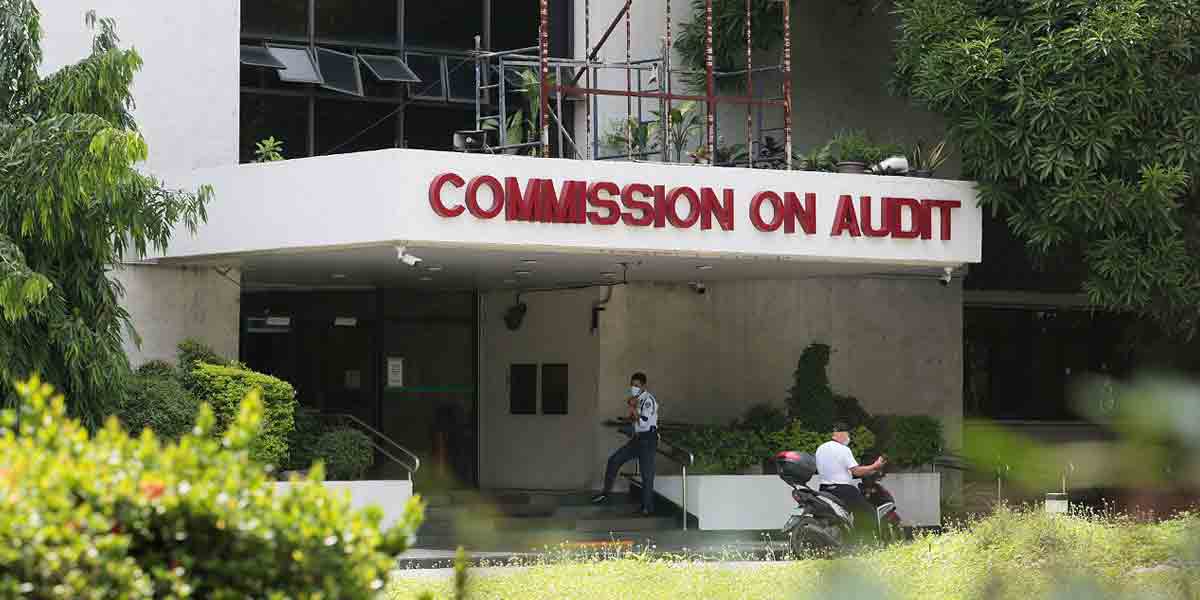The city council’s recent clash over motorized tricycle franchises, particularly between Councilors Romel Duron and Sedfrey Cabaluna, took a regrettable turn when derogatory slurs came into play.
Councilor Duron, who previously hurled the term “inagi” at his colleague, appears to have forgotten the weight of such language. Meant to diminish another’s convictions or paint them as weak, terms like “inagi,” a slur often thrown at gay individuals, are not just hurtful—they’re a reflection of a toxic mindset that equates sexual orientation with indecisiveness and moral failings.
It is disheartening to see public officials revert to archaic, insensitive language in an era where we should be moving towards inclusivity and respect. Words like “inagi” are more than just insults; they perpetuate harmful stereotypes and reduce an entire group of people to caricatures of weakness or moral corruption.
At a time when issues of livelihood, transportation, and public service should be at the forefront, digressions into personal attacks, especially those rooted in gender and sexuality, show a complete disregard for what truly matters to the people of Iloilo.
This episode, wherein discourse devolved into name-calling, reminds us of ancient wars where battles were fought with phalluses and sharp tongues rather than intellect and reason. In those battles, rational discussion was often overshadowed by displays of ego and machismo, much like we’re seeing now in the halls of our city council.
It’s not just a matter of offensive words. Research has shown that the use of racial and sexual slurs often indicates deeper issues within individuals, possibly pointing to psychological tendencies toward aggression, insecurity, or unresolved biases. Such language reflects poorly on public servants who, instead of addressing concerns rationally, resort to personal attacks to demean their opponents. This has no place in a legislative body, where debates should focus on policies and solutions, not personal insults.
More concerning is how such language distracts from the real issues at hand. Iloilo’s tricycle operators, like many in the region, struggle daily to earn a living. The focus of the council should be on creating frameworks that uplift these workers and streamline processes like the Tricycle Route Plan. The dispute over the specifics of franchise approval may be valid, but it should not descend into mockery and name-calling.
The livelihoods of hundreds of families depend on the council’s ability to make sound, fair decisions—not on whether a lawmaker is perceived as “manly” enough or decisive in their actions. By fixating on slurs and machismo, the council detracts from its role in solving the critical issues facing the public.
In today’s world, this kind of insensitivity should have long been abandoned. Political leaders must set the tone for a respectful, inclusive society, one where sexual orientation or gender identity is never used as a weapon in debate.
Councilor Cabaluna, to his credit, rose above these insults, emphasizing a response of love and respect. But such comments never should have surfaced in the first place.
It is imperative that we move beyond these distractions. The people of Iloilo care about having their concerns addressed—whether it’s the tricycle franchises or other public issues—not about the personal attacks lawmakers throw at each other. Let’s focus on what matters: the welfare of our constituents, the stability of our economy, and the creation of inclusive, progressive policies.
In the end, we must demand better from our leaders. When public discourse devolves into personal insults, we all lose. Instead of ancient battles of machismo, let’s engage in the real battle: improving the lives of the people we serve.





















